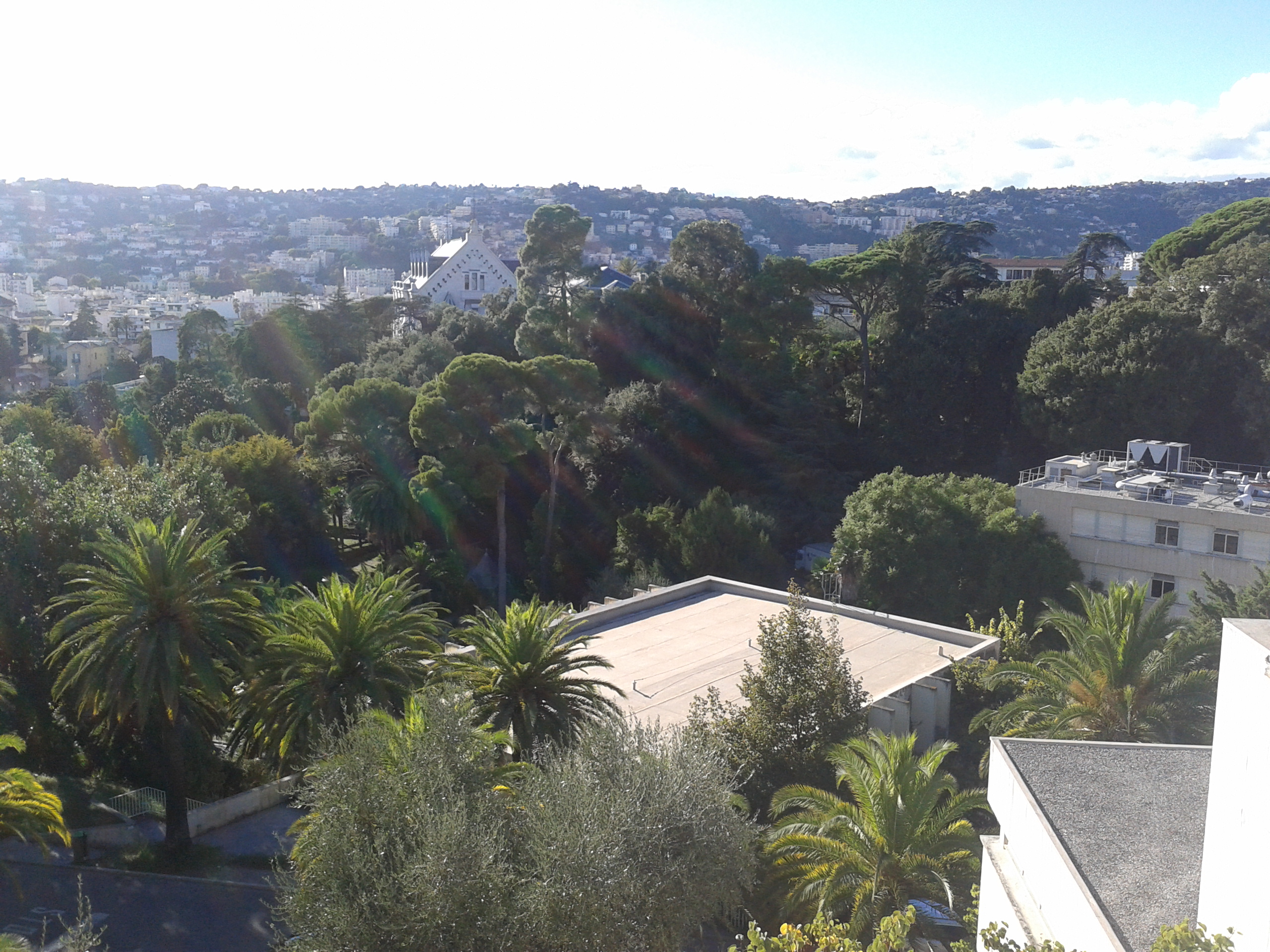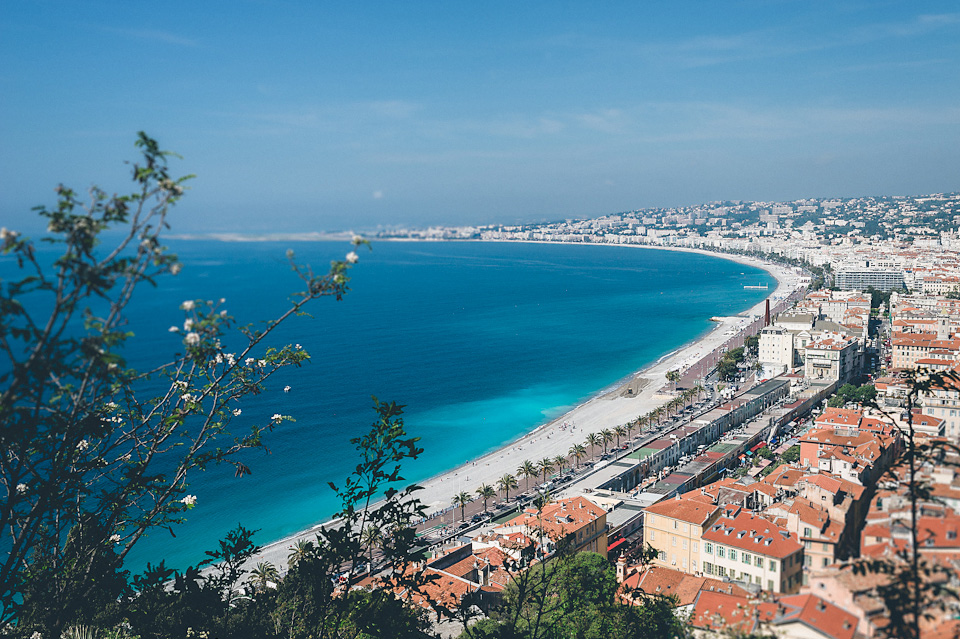|
List of speakers :
- Gabriele Ciaramella (Constance)
- Victorita Dolean (Nice)
- Martin J. Gander (Genève)
- Laurence Halpern (Paris XIII)
- Felix Kwok (Hong Kong)
- Veronique Martin (Amiens)
- Roland Masson (Nice)
- Tommaso Vanzan (Genève)
Timetable :
|
Tuesday 19 june |
|
Wednesday 20 june |
|
Thursday 21 june |
|
| 9:00-10:30 |
Felix Kwok
| 9:00-10:30 |
Veronique Martin
|
|
|
10:30-11:00 |
Coffee Break |
10:30-11:00 |
Coffee Break |
|
|
11:00-12:30 |
Laurence Halpern
|
11:00-12:30 |
Tommaso Vanzan
|
|
|
12:30-14:00 |
Lunch |
12:30-13:30 |
Lunch |
| 14:00-15:30 |
Martin Gander
|
14:00-15:30 |
Roland Masson
|
13:30-15:00 |
Victorita Dolean
|
| 15:30-16:00 |
Coffee Break |
15:30-16:00 |
Coffee Break |
15:00-15:30 |
Coffee Break |
| 16:00-17:30 |
Gabriele Ciaramella
|
16:00-18:00 |
TP1 (Tommaso Vanzan and Martin Gander)
|
15:30-17:30 |
TP2 (Gabriele Ciaramella and Felix Kwok)
|
| 17:30-19:00 |
Session poster
|
|
|
|
|
Slides available here.
Detailed program :
- Gabriele Ciaramella Classical Schwarz Methods
In this lecture, classical Schwarz methods are introduced and their convergence behavior discussed.
Using a Fourier analysis the main convergence properties of these methods are presented.
Moreover, some examples of modern applications of classical Schwarz methods are discussed underlying
their unusual scalability in certain situations.
If time permits, further classical techniques for convergence analysis, like maximum principle and
orthogonal projection, will be treated.
- Victorita Dolean Domain decomposition methods with Freefem++
The purpose of this lecture is to give a few examples of domain decomposition methods and their implementation using Freefem++.
We will start with a short introduction to Freefem++ on a simple boundary value problem defined on a square on which we will test the basic functionalities
such as the construction of the geometry, the treatment of different boundary conditions, discretisation matrices and plots.
Secondly we will illustrate the iterative version of Schwarz method and then its use as a preconditioner on uniform and METIS decompositions of the same geometry.
We will finish by the same kind of tests on the historical "Schwarz geometry" (the union of a disk and a rectangle) now the DD community logo.
Time permitting, we will also briefly address the notion of scalability by a few tests on two-level methods (achieving a convergence independent of the number of domains) on the above geometries.
Freefem++ codes will be made available for testing to the participants.
- Martin J. Gander Homogeneous and Heterogeneous Domain Decomposition Methods.
I will first give an overview of classical domain decomposition
methods of Schwarz, Dirichlet-Neumann and Neumann-Neumann type. I
will then present the extension of these methods to time dependent
problems, which leads to waveform relaxation variants of these
methods. I will finally explain the difference between homogeneous
and heterogeneous domain decomposition methods, and define two
classes of heterogeneous domain decomposition problems.
- Laurence Halpern Schwarz waveform relaxation and best approximation problem.
For the heat equation, introduce rapidly the algorithm, give the behavior over long and short time intervals.
Then define the complex best approximation problem in $\mathbb{P}_n$, and give details on the existence, uniqueness and approximation results, for the real and complex problems.
I will show application to Robin and Ventcell transmission conditions.
- Felix Kwok Dirichlet-Neumann and Neumann-Neumann Methods.
In this lecture, we introduce the Dirichlet-Neumann (DN) and Neumann-Neumann (NN) methods, which are naturally formulated on non-overlapping domain decompositions. We will discuss their convergence behaviour on two subdomains, first in 1D, then in 2D using Fourier techniques seen in Lecture 1. The influence of geometry and relaxation parameters will be discussed. If time
permits, we will explain how these methods can be extended to yield FETI and BDDC methods, which are very powerful methods that can be used for problems with complicated geometries.
- Veronique Martin Heterogeneous Methods for Homogeneous Problems.
In this talk we consider domain decomposition methods where different models are solved in different subdomains: we want to approximate a homogeneous object with different approximations
with the aim to reduce the global cost.
We will present a method based on the factorization of the operator, starting with a simple one dimensional case for advection reaction diffusion, then we will generalize to the space-time equation.
- Roland Masson Heterogeneous Methods for drying problems.
Robin Robin domain decomposition methods are discussed to solve the nonlinear coupling between liquid gas Darcy and free gas flow and transport.
This type of drying models is of interest in various applications ranging from food processing, wood or paper production, salinization of agricultural land,
prediction of convective heat and moisture transfer at exterior building surfaces, to the study of the mass and energy exchanges at
the interface between a nuclear waste disposal and the ventilation galleries.
- Tommaso Vanzan Heterogeneous domain decomposition methods
The aim of the lecture is to introduce optimized Schwarz methods (OSM) which,
due to their favorable convergence properties in the absence of overlap and their
capability to take physical properties at the interfaces into account, are natural
domain decomposition methods for heterogeneous problems. We will use mainly
the Stokes-Darcy coupling as a model problem to present OSM and to investigate
the limit of the classical approach used to optimize the parameters.
Session poster :
- Joubine Aghili (Nice, LJAD-Inria): Hybrid-dimensional two-phase flow in fractured porous media with nonlinear elimination of interfacial unknowns
- Charhabil Ayoub (University Paris XIII, LAGA): Coupling model of superficial and underground flow
- Laurence Beaude (Nice, LJAD-Inria): New methodology to combine VAG and HFV discretizations on hybrid meshes
- Konstantin Brenner (Nice, LJAD-Inria): Non-linear Jacobi preconditioning for Newton's method
- Yaguang Gu (Hong Kong Baptist University): Robin-Type RASPEN method for nonlinear steady-state diffusion equations
- Melanie Lipp (University of Stuttgart, IWS): Adaptive Staggered 2D Grids for DuMux - Plans/Ideas
- Giulia Lissoni (Nice, LJAD-Inria): DDFV method for Navier-Stokes problem with outflow boundary conditions
- Weslley da Silva Pereira (Inria Sophia Antipolis and LNCC): MHM method for elastodynamics
- Joao Reis (Ecole Polytechnique - Inria Saclay): Parallel Domain Decomposition Strategies for Stochastic Elliptic Equations
Organizing Committee:
Victorita Dolean, Martin J. Gander, Stella Krell, Marie-Cécile Lafont, Roland Masson and Chiara Soresi.
Contact
|



